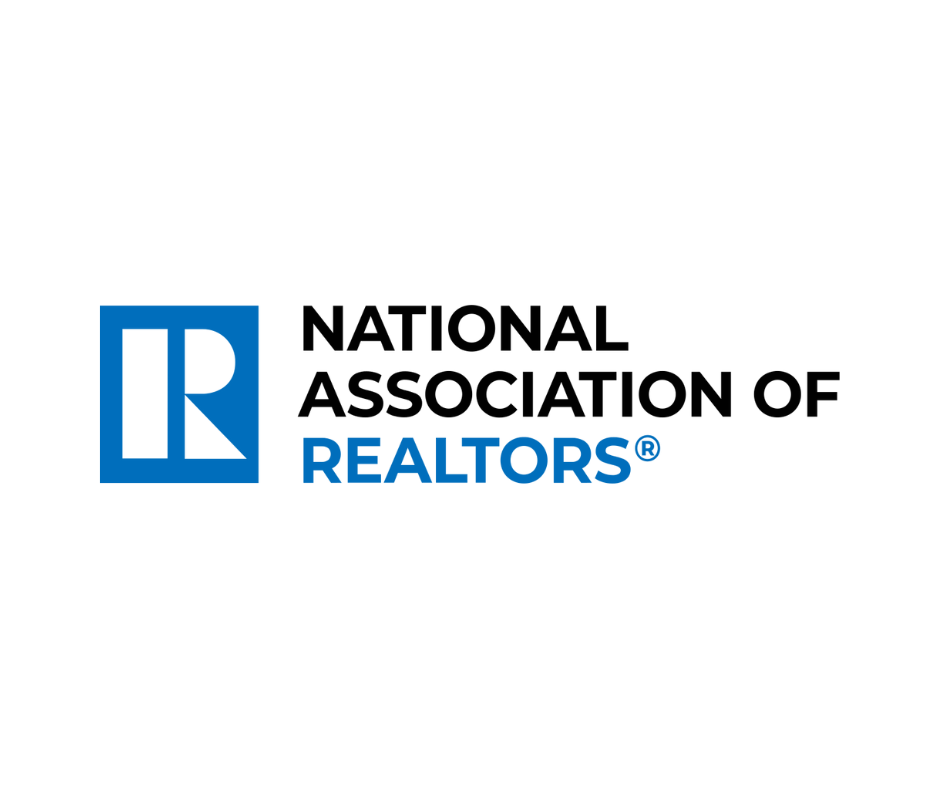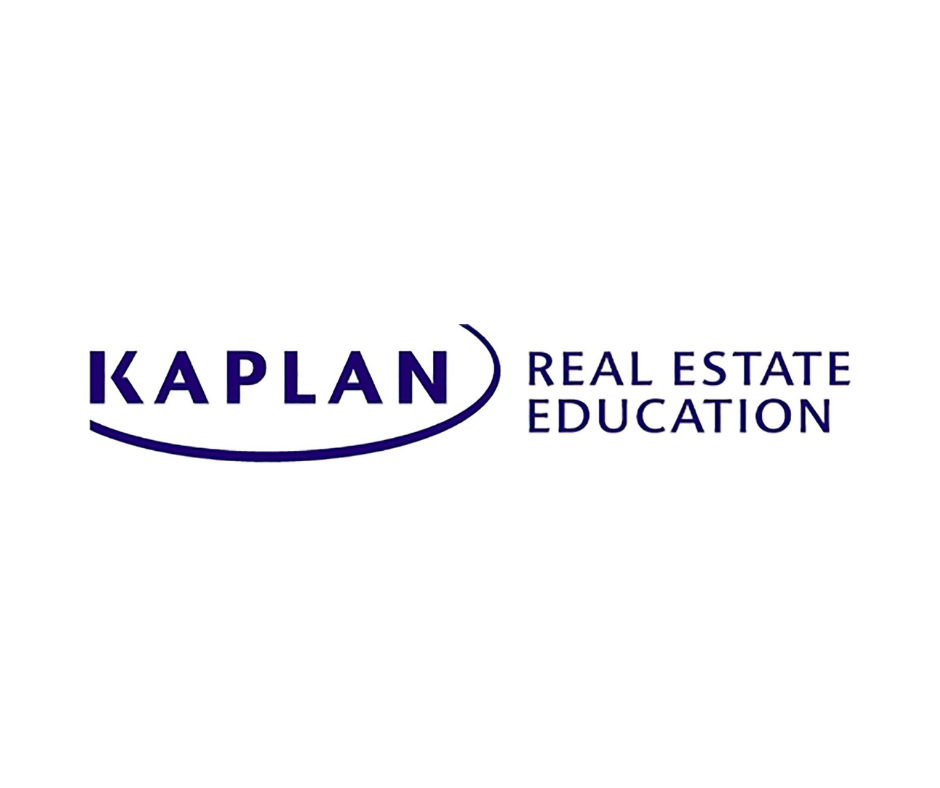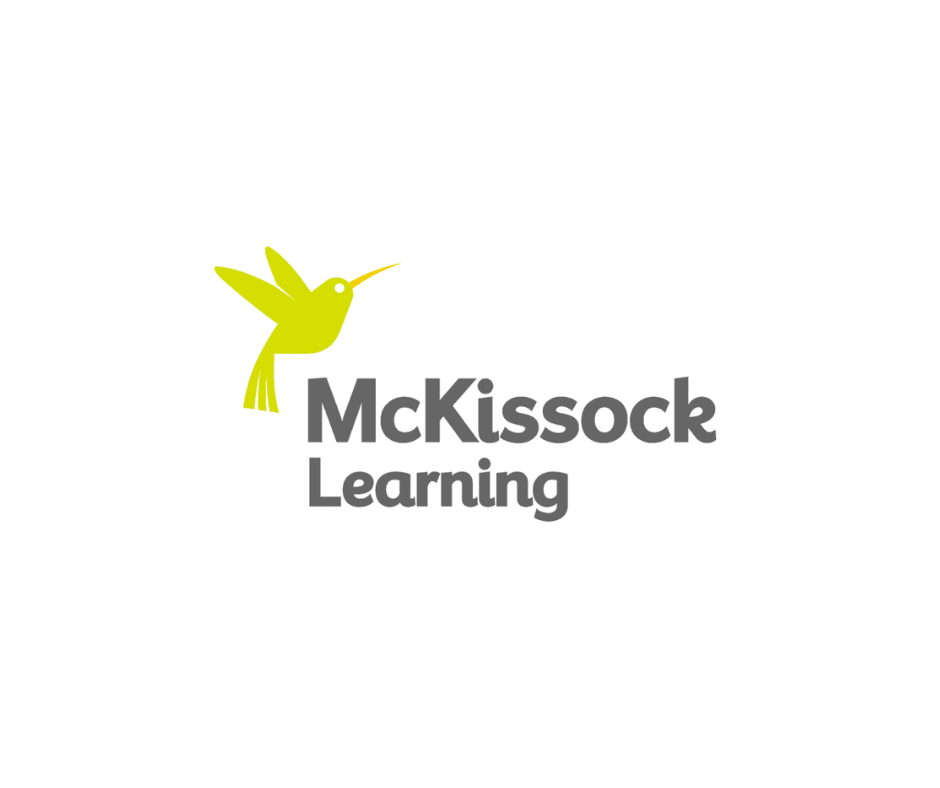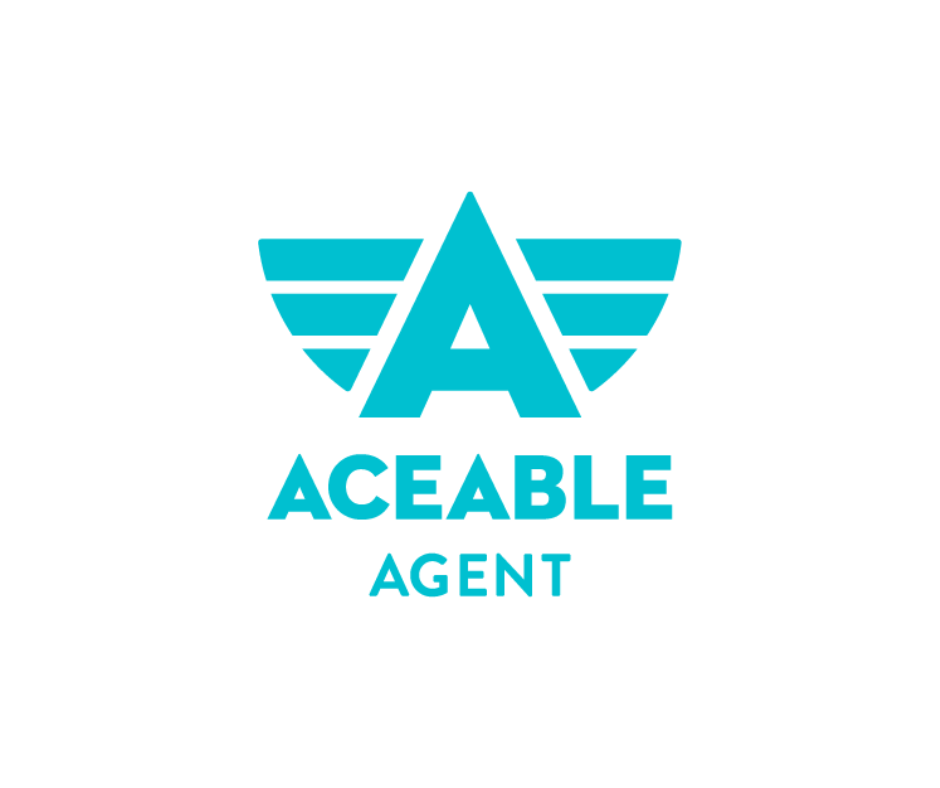

Here’s How to Stay on Top of Your Real Estate Continuing Education
Summary
Reflection Questions
Journal Prompt
As regulations, market conditions, and consumer preferences continually shift, real estate professionals must be proactive in acquiring the latest knowledge and skills. Online courses offer a convenient and flexible way to meet these educational needs, allowing agents to remain current with industry trends and best practices from anywhere, at any time. This article explores the importance of continuing education in real estate and delves into common topics covered in coursework. We also highlight reputable online course providers to help you obtain and maintain a competitive edge while ensuring compliance in the industry. Read on to learn more!
The Importance of Continuing Education in Real Estate


Real estate CE is essential for those who want to stay current with the latest industry trends, laws, and best practices. The real estate market is dynamic, with frequent changes in regulations, market conditions, and consumer preferences. By engaging in ongoing education, agents can acquire the latest knowledge and skills necessary to navigate these changes effectively.
This continuous learning process helps professionals understand new legal requirements, technological advancements, and evolving market strategies, ensuring they can provide the highest level of service to their clients. Staying updated also allows agents to adapt to changes quickly and maintain their relevance in the industry.
Licensing Requirements: State-Specific Mandates for Continuing Education


Each state in the U.S. has specific continuing education requirements for someone to retain his or her real estate license. These mandates are designed to ensure that agents and brokers remain competent and knowledgeable about current real estate practices and laws. Fulfilling these requirements is not just a legal obligation but also a professional responsibility.
Failure to complete the mandated continuing education hours can result in penalties, including fines or even suspension of a license. Therefore, understanding and complying with state-specific continuing education requirements is essential for real estate agents to keep their licenses active and their practices compliant with state laws.
Sharpening That Competitive Edge


In a highly competitive real estate market, continuing education provides a significant advantage. By consistently updating their knowledge and skills, real estate professionals can differentiate themselves from their peers. Specialized courses in areas such as negotiation techniques, digital marketing, property management, or sustainable real estate practices can help agents offer unique value to their clients.
This specialized knowledge not only enhances the agent’s expertise but also builds trust and credibility with clients. Moreover, staying ahead of industry trends and adopting innovative practices can attract more clients, increase sales, and foster long-term professional growth. Continuing education, therefore, plays an important role in maintaining a competitive edge in the real estate industry.
Common Topics in CE Coursework


CE courses for real estate agents and brokers cover a wide range of topics designed to enhance their knowledge, skills, and professionalism. Some of these courses are required to maintain one’s license, while others simply boost an agent’s competitiveness in ever-evolving markets. Below are a few common topics covered in online real estate coursework.
Legal and Ethical Practices


Legal and ethical practices covered in real estate continuing education are fundamental to maintaining professional integrity and compliance with the law. Courses on Fair Housing Laws equip agents with knowledge of anti-discrimination laws and practical strategies to ensure all clients are treated fairly and equitably. Training on contracts and negotiations delves into the intricacies of real estate contracts, highlighting key terms, conditions, and negotiation techniques to protect clients’ interests and facilitate successful transactions.
Understanding agency law is crucial, as it defines the roles, responsibilities, and legal obligations of agents and brokers, ensuring they act in their clients’ best interests. Ethics in real estate is another critical area, focusing on the NAR Code of Ethics and providing guidance on navigating ethical dilemmas and making sound, ethical decisions in various scenarios, thereby fostering trust and professionalism in the industry.
Real Estate Finance


Real estate finance is a vital component of continuing education for real estate professionals, encompassing critical areas such as mortgage financing, investment analysis, and taxation. Courses on mortgage financing provide comprehensive knowledge about different types of mortgages, lending practices, and the intricacies of the mortgage application process, enabling agents to guide clients through financing options effectively.
Investment analysis training equips agents with skills to evaluate real estate investments, perform ROI calculations, and manage associated risks, helping clients make informed investment decisions. Understanding taxation in real estate is also crucial, as it covers the tax implications of property transactions, the benefits and procedures of 1031 exchanges, and property tax assessments, ensuring agents can offer valuable tax-related advice and navigate complex financial landscapes in real estate transactions.
Property Management


Property management is a crucial aspect of real estate continuing education, focusing on leasing and rental management, landlord-tenant laws, and building maintenance and operations. Courses on leasing and rental management cover best practices for effectively managing rental properties, including thorough tenant screening processes, drafting comprehensive lease agreements, and maintaining properties to high standards.
Understanding landlord-tenant laws is essential, as it details the legal rights and responsibilities of both parties, provides guidance on eviction procedures, and offers strategies for resolving disputes amicably. Building maintenance and operations education ensures that property managers are equipped to keep properties well-maintained, compliant with local regulations, and managed efficiently, ensuring tenant satisfaction and property value preservation.
Technology and Marketing


Technology and marketing are integral components of real estate continuing education, encompassing digital marketing, real estate technology, and data analysis. Courses on digital marketing provide real estate professionals with strategies for leveraging online platforms, social media, SEO, and digital advertising to reach and engage potential clients effectively.
Training in real estate technology introduces tools such as CRM systems, virtual tour software, and specialized apps that streamline business operations, enhance client interactions, and improve overall efficiency. Data analysis and market trends courses teach agents how to utilize data to interpret market conditions, assess property values, and understand client preferences, enabling them to make informed decisions and offer data-driven insights to clients. Together, these areas equip real estate professionals with the skills and knowledge to thrive in a tech-driven and competitive market.
Specialized Real Estate Fields


Specialized real estate fields offer focused training in areas such as commercial real estate, green real estate, and luxury real estate, each addressing unique aspects of the industry. Courses in commercial real estate cover the fundamentals of commercial property transactions, leasing, and investment strategies, equipping agents with the knowledge to navigate complex commercial deals and maximize investment returns.
Fuel your creative fire & be a part of a supportive community that values how you love to live.
subscribe to our newsletter
*please check your Spam folder for the latest DesignDash Magazine issue immediately after subscription


Green real estate education emphasizes sustainable building practices, energy-efficient home designs, and certifications like LEED, preparing professionals to meet the growing demand for environmentally friendly properties and advise clients on sustainable options. Luxury real estate training focuses on the nuances of marketing and selling high-end properties, understanding the preferences and expectations of affluent clients, and developing strategies to successfully operate in the luxury market. Together, these specialized courses enable real estate professionals to expand their expertise and cater to diverse client needs in various segments of the real estate industry.
Risk Management and Safety


Risk management and safety are critical areas of focus in real estate continuing education, encompassing risk assessment, safety protocols, and environmental hazards. Courses on risk assessment teach real estate professionals how to identify and manage various risks in transactions, including legal, financial, and market risks, ensuring they can protect their clients and their own interests.
Safety protocols training emphasizes the importance of personal safety during property showings, open houses, and client meetings, providing strategies to prevent and respond to potential threats. Education on environmental hazards equips agents with the knowledge to identify and mitigate issues such as asbestos, lead, and mold, safeguarding the health and well-being of clients and maintaining compliance with environmental regulations. By mastering these aspects, real estate professionals can conduct their business with greater confidence and security, ensuring a safe and risk-aware practice.
Client Relations and Customer Service


Client relations and customer service are pivotal in real estate, focusing on effective communication, customer service excellence, and cultural competence. Courses on effective communication teach real estate professionals how to build strong client relationships by honing their listening and speaking skills, ensuring clear and empathetic interactions that foster trust and satisfaction. Training in customer service excellence covers best practices for delivering outstanding service, from promptly addressing client needs to handling complaints efficiently, thereby enhancing client loyalty and positive referrals.
Cultural competence education emphasizes the importance of understanding and respecting diverse cultures and practices in real estate transactions, enabling agents to navigate cultural differences sensitively and inclusively, ultimately broadening their client base and improving service delivery. These combined skills ensure real estate professionals can provide a high level of service to all clients, regardless of their background or needs.
Online Courses for Continuing Education (Real Estate)
National Association of Realtors (NAR)


The National Association of Realtors (NAR) is a premier organization dedicated to the real estate profession, offering a plethora of resources for professional development. Among its many offerings, NAR provides a variety of online courses aimed at helping real estate agents and brokers stay informed and competitive.
These courses cover essential topics such as ethics, fair housing, and emerging market trends, ensuring that members remain compliant with industry standards and best practices. Additionally, NAR’s educational resources often lead to widely recognized certifications and designations, such as the Certified Residential Specialist (CRS) and Accredited Buyer’s Representative (ABR), which enhance professional credibility and career advancement opportunities.
NAR’s Center for REALTOR® Development
NAR’s Center for REALTOR® Development is a specialized branch of NAR focused on providing high-quality educational content for real estate professionals. This platform offers a comprehensive range of courses that cater to various aspects of real estate, including residential sales, commercial transactions, and property management. The Center is particularly known for its certifications and designations, which are highly respected in the industry. Courses such as the Graduate, REALTOR® Institute (GRI), and the Seller Representative Specialist (SRS) are designed to deepen knowledge and skills, helping agents and brokers stand out in a competitive market. The Center’s flexible online format allows busy professionals to learn at their own pace and convenience.
Real Estate Express


Real Estate Express is a leading provider of online real estate education, offering state-approved pre-licensing and continuing education courses. Known for its user-friendly platform, Real Estate Express provides a range of learning options, including live webinars, interactive content, and self-paced study modules. This flexibility makes it easy for real estate professionals to fulfill their education requirements while managing their busy schedules. Comprehensive support is a hallmark of Real Estate Express, with resources such as live instructor Q&A sessions, robust study materials, and a dedicated student support team. This combination of flexibility and support ensures that learners are well-prepared to pass their exams and succeed in their real estate careers.
Kaplan Real Estate Education


Kaplan Real Estate Education is renowned for its extensive catalog of real estate courses, catering to both new and experienced professionals. Offering a blend of interactive and self-paced online courses, Kaplan ensures that its content is tailored to meet specific state requirements, helping agents and brokers stay compliant with their continuing education mandates.
Kaplan’s courses cover a wide array of topics, from fundamental real estate principles to advanced investment strategies. The platform’s interactive format includes engaging video lectures, practice quizzes, and simulated exams, all designed to enhance the learning experience. With a reputation for quality and reliability, Kaplan remains a top choice for real estate education.
The CE Shop


The CE Shop specializes in online continuing education for real estate professionals, providing a user-friendly platform that covers a broad range of course topics. Known for its comprehensive and engaging content, The CE Shop offers courses on subjects such as real estate law, ethics, marketing strategies, and environmental issues.
The platform’s intuitive interface makes it easy for users to navigate and complete their courses at their own pace. Additionally, The CE Shop’s customer support team is available to assist with any questions or issues, ensuring a smooth and productive learning experience. The wide variety of topics available allows real estate professionals to tailor their education to their specific interests and career goals.
Allied Real Estate Schools
Allied Real Estate Schools delivers a range of online courses for pre-licensing, exam preparation, and continuing education. Known for its use of multimedia learning tools, Allied provides an engaging and interactive educational experience. Courses include video tutorials, interactive quizzes, and e-books, all designed to cater to various learning preferences.
Allied’s exam preparation courses are particularly popular, offering comprehensive study guides and practice exams that help students feel confident and prepared for their licensing exams. Additionally, Allied’s continuing education courses cover a wide array of topics, ensuring that real estate professionals can stay updated on industry changes and maintain their licenses.
McKissock Learning


McKissock Learning offers an extensive range of continuing education courses for real estate agents and appraisers. With a focus on flexibility and convenience, McKissock provides a subscription service that grants unlimited access to its course catalog, allowing professionals to complete their education at their own pace.
The platform’s courses cover a variety of topics, including appraisal, property management, and professional development. McKissock is known for its high-quality content and experienced instructors, who bring real-world expertise to the courses. The platform also offers valuable resources such as webinars and industry news updates, helping real estate professionals stay informed and ahead of the curve.
AceableAgent


AceableAgent offers innovative, mobile-friendly real estate courses designed to fit the busy schedules of today’s professionals. With a focus on accessibility and convenience, AceableAgent’s courses can be accessed from any device, allowing learners to study anytime, anywhere. The platform provides state-specific continuing education courses that are tailored to meet regulatory requirements. AceableAgent’s engaging content includes interactive elements such as videos, quizzes, and real-life scenarios, making the learning experience both enjoyable and effective. The platform’s commitment to quality education and user-friendly design makes it a popular choice for real estate professionals seeking flexible and comprehensive continuing education solutions.
Coursera and edX


Coursera and edX are online learning platforms that partner with top universities and institutions to offer courses that can be valuable for real estate professionals. While these courses are not always state-specific for continuing education credits, they provide in-depth knowledge on a variety of relevant topics.
Courses on Coursera and edX cover areas such as real estate finance, investment strategies, urban planning, and sustainable development. These platforms offer a combination of free courses and packages for purchase, often with certificates of completion. The high-quality content and flexibility of these platforms allow real estate professionals to enhance their skills and knowledge, contributing to their overall professional development.
Final Thoughts: Tips for Choosing the Right Online Course Provider


When choosing the right online course provider for real estate continuing education, it is crucial to consider several factors to ensure a valuable learning experience. First, verify that the courses are accredited and meet your state’s continuing education requirements to maintain compliance and credibility. Next, research the provider’s reviews and reputation by looking for testimonials from other real estate professionals, which can offer insights into the quality and effectiveness of the courses.
Evaluate the course content to ensure it covers the necessary topics and is up-to-date with current industry standards, providing relevant and practical knowledge. Flexibility is another important consideration; select a provider that offers courses allowing you to learn at your own pace and access materials at your convenience. Finally, consider the availability of support and resources from the provider, such as instructor assistance, technical support, and supplemental learning materials, to enhance your educational experience. This way, you will ensure that you can successfully complete the courses to renew your license as an agent.








